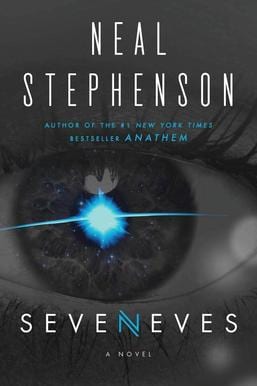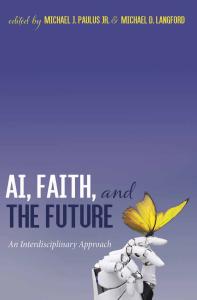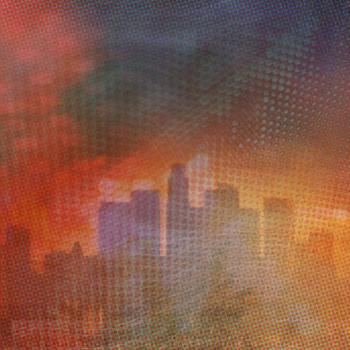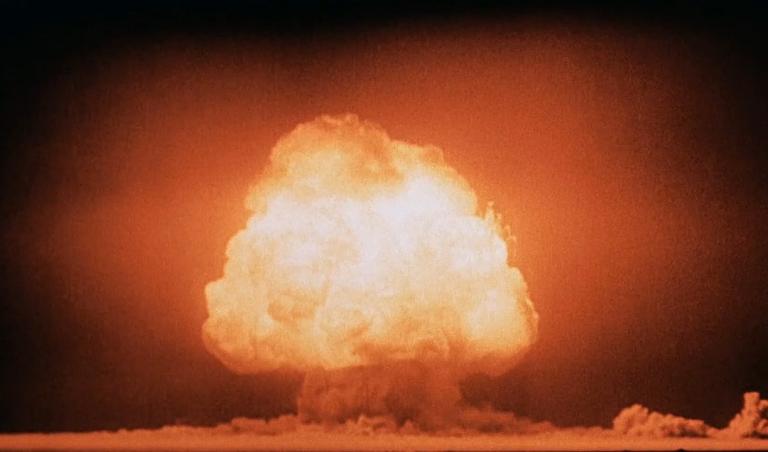Last week I led a discussion of Josh Matthews’s recent article, “Towards a Robust and Scholarly Christian Engagement with Science Fiction,” with a small group of faculty and staff at Seattle Pacific University.
Arguing for greater integration of science fiction (SF) into Christian literary criticism and curricula, Matthews makes a compelling case for approaching SF as an imaginative resource for epistemological, ethical, and eschatological reflection.
One of the points Matthews makes at the beginning of his article concerns the cultural permeation of SF:
SF has permeated most aspects of modern American and even global culture—movies, music, games, technology, advertising, shopping, manufacturing, politics, economics, and so on … [creating] a set of attitudes towards technology and scientific discourse in society greatly affecting even people and institutions who do not pay much attention to the genre SF at all.
Like others in our discussion group, born after the technologically turbulent 1960s, I grew up in a world permeated with SF—Star Trek on television, Star Wars in movie theaters, and many brilliant writers (Philip K. Dick, Ursula K. Le Guin, etc.) in print. My personal interest in SF became more professional a few years ago, when my research interests turned towards the future.
First, as a library director, I was required to engage with questions about the future of the library. I started with library history, surfacing deep continuities between past and present libraries. But expectations about the future also shape the present, so to explore these I turned to SF—post-apocalyptic literature, specifically, since the most extreme conditions reveal our most fundamental values. And from Mary Shelley’s The Last Man (1826) through Neal Stephenson’s Seveneves (2015), I found again and again the image of the library as an enduring sign of and infrastructure for hope.

This relates to another point Matthews makes that resonated with members of our discussion group:
Much SF acts as a literature of hope … one that might move us towards the “Not-Yet” utopian state of affairs that we all desire, should we see and act on the transformative possibilities it asks us to imagine.
A third point Matthews makes, about which much more could be said, links SF hopes (and fears) with biblical literature (e.g., “Old Testament tropes of returning to paradise or arriving in the promised land”).
All three of these points are apparent in popular narratives about the future of artificial intelligence. I’ve been at too many conferences when, after AI experts have explained the limits of weak or narrow AI and stepped off the stage, attendees shrug and continue speculating about strong AI and superintelligence. As valuable as SF can be for shaping science and technology, at times fiction runs ahead of facts in unproductive ways.
Further, as Robert Geraci shows in Apocalyptic AI: Visions of Heaven in Robotics, Artificial Intelligence, and Virtual Reality, many eschatological AI narratives also draw from Jewish and Christian apocalyptic categories—without much acknowledgment or critical analysis of these appropriations. Without engaging these influences, our future is being shaped by SF and religious eschatologies in ways we do not realize fully.












